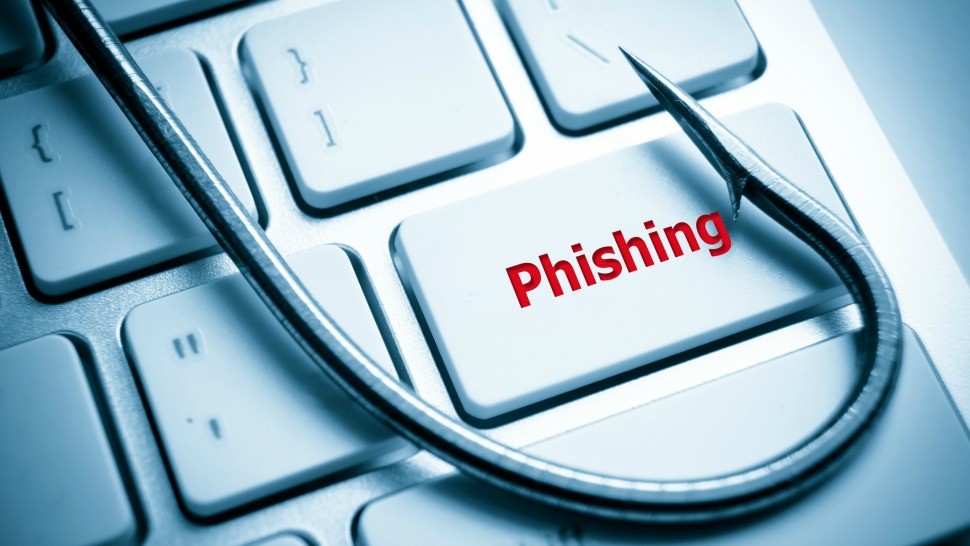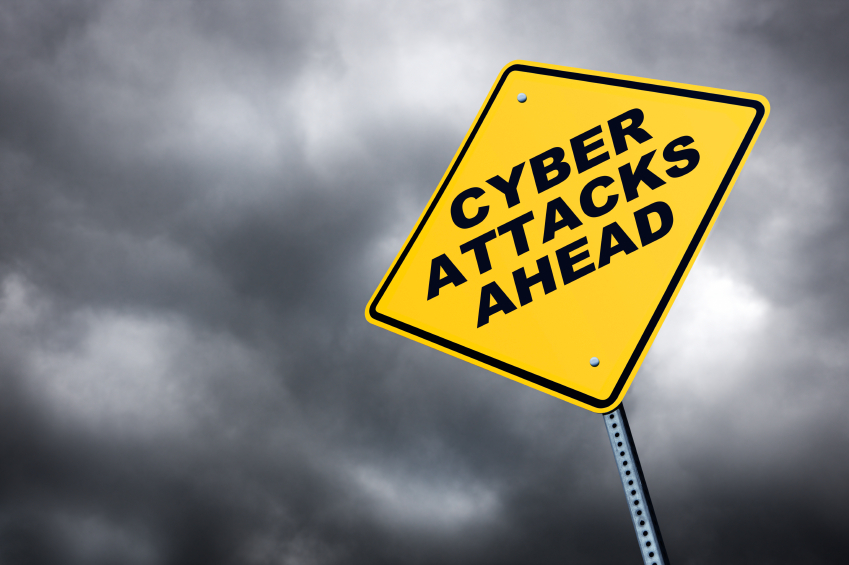Once upon a time, all you had to worry about in terms of protecting your personal data was to make sure not to give out your Social Security number, not let anyone see your bank account’s number, and keep all of your charge slips out of the trash. It was all fairly easy and straightforward stuff.
Nowadays, there are so many things that the Internet can do for you, but in return, there is so much more of your personal data out there, and the risk of it being compromised is greater than ever. So, what do you do to keep it safe?

It’s scary how vulnerable your personal data can be.
Beware Of Phishing
This is a classic scam: someone calls you up, posing as your bank or credit card holder, and asks for “verification” by means of you giving them your account or Social Security number. This is what’s known as phishing and it’s amazing how many people continue to fall for it; there’s even an email form of it, where the source looks a lot like your actual legit financial institution, but is in fact a crooked website.
Just keep this simple little fact in mind: your bank, credit union, finance company, or credit card will NEVER ask for such information in a call or email that they have initiated. If you initiate it, that’s a different story; they’ll ask for that info because they need to make sure that YOU are who you say you are.
Password Protection
By now, it should be obvious that it’s easy to get basic, rudimentary information on just about anyone online. This is why, when you create passwords, make sure that you never base them on any form of that basic information. For instance, I would never dream of using something like JTERRA. Why make it easy for these crooks?
Use a combination of letters and numbers, even going so far a mixing them up with lower and upper cases, and make sure that if they’re based on anything about you, it’s something obscure that no one would have even a reasonable chance of guessing.
Incidentally, change those passwords often, and never use just one password for all of your accounts and web pages.
As a final password note, it’s amazing how many people create a password then jot it down somewhere nearby, especially at work. What’s the point of having a password if that’s what you’re going to do with it?
If You Lose A Card …
Report the loss of a credit or debit card immediately. Shut it down and request a new card; don’t keep looking for it and hoping it will somehow eventually turn up. Naturally, if you still have your card but you see odd, unaccountable purchases turning up, then notify the bank of the security breach.
According to the infographic “Data Privacy Day: Keep Your Financial Data Safe”, if you act quickly when your account information is stolen (as opposed to having the card physically stolen), your liability for any purchases will dramatically drop.
By implementing these security measures, you can decrease the likelihood of a catastrophic data breach that could cause you enormous financial harm. If you want some more tips for data protection, check out “9 Things You Can Do To Protect Your Data Online”.
Born in the Boston area in 1959, I started writing in 1985. I live in Nashua NH with my wife and three cats. We have four kids in our blended family. I am an utter geek who's into gaming, horror, SF/fantasy, the Red Sox, trains, running, history, and a bunch of other things.

2 Comments
Leave a Reply
Cancel reply
Leave a Reply
This site uses Akismet to reduce spam. Learn how your comment data is processed.





















































































































































































emily
June 16, 2015 at 12:24 pm
now the data on cloud is also not safe
and thanks for sharing
John Crook
August 3, 2015 at 11:41 am
thanks for sharing your review on online data security, I think these days many cloud based website offer online fee space, my question is here If we use these type space for our personal data, Is it safe or not?